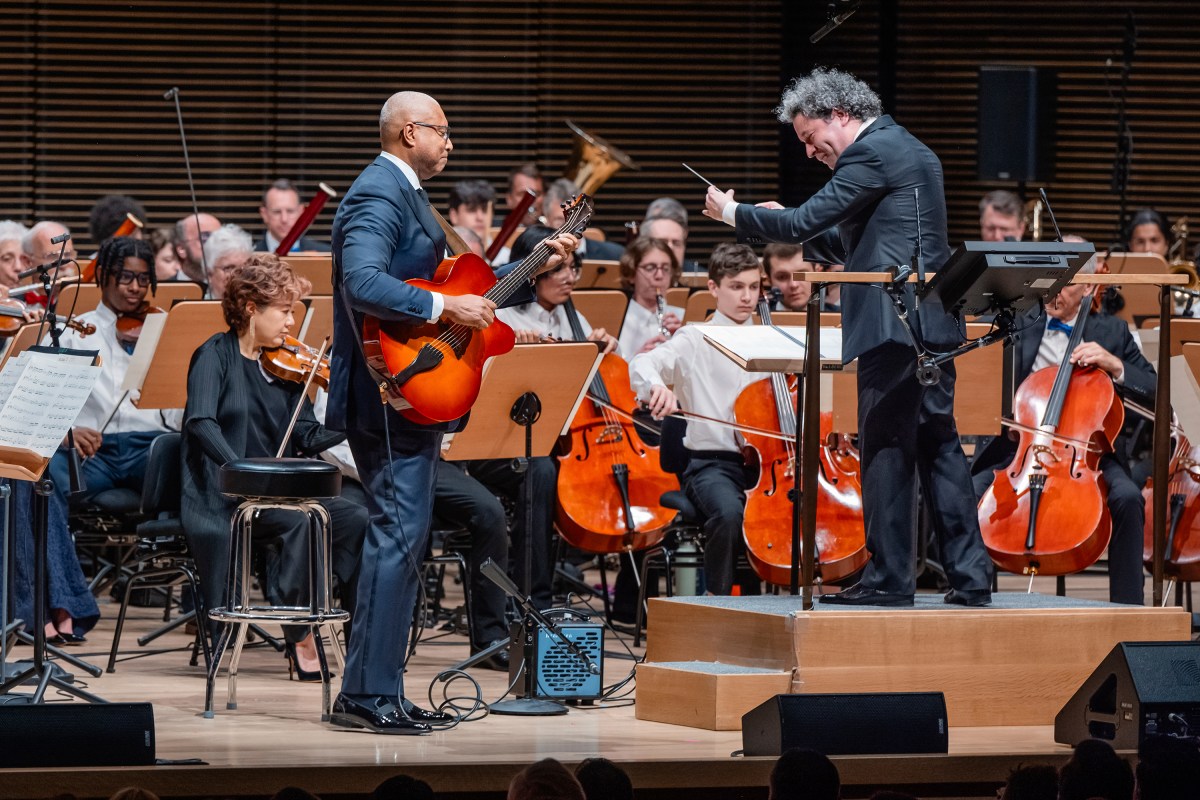If you’re a newcomer to this country, chances are you’ve got a built-in skill to pass on to Canadians – your mother tongue.
But making an extra buck teaching your native language may not be as easy as you think.
“Just because you can speak a language doesn’t mean you can teach it,” says Raffaele Pecoraro, a trilingual (English, Italian and Spanish) teacher at the Hans Language Center in Toronto. “Teaching experience is very important.”
That said, it’s not impossible for a relative novice to get a position teaching in one of Canada’s private language schools. The Hans Center offers courses in German, Russian, French, Spanish, Italian, Arabic, Mandarin, “almost anything if we can find a teacher for it,” says Pecoraro.
Living Spanish, too, prefers to hire teachers with some experience, says Rosa Maria Tortorici, a teacher in Venezuela before starting the Living Spanish school in 2006. She gets lots of calls from Spanish-speaking immigrants keen to teach their language. Many are trained professionals who want to teach Spanish to help them through the “transition” period before they land a job in their field, says Tortorici.
While the school prefers experienced teachers, it has trained novices on occasion. “But that’s mostly for the cultural component rather than the grammar component,” says Tortorici (the school offers cooking and other cultural classes in addition to language courses).
If you’ve taught in another country and want to teach your native language in a publicly funded school in Ontario, you will likely first have to take upgrading courses; at some point in the process, you can obtain a temporary teaching certificate that allows you to teach while completing required courses. It’s been Tortorici’s experience that it can take upwards of a year for newly landed teachers like herself to get accredited in Ontario. It appears it’s a similar story at school boards across the country.
















